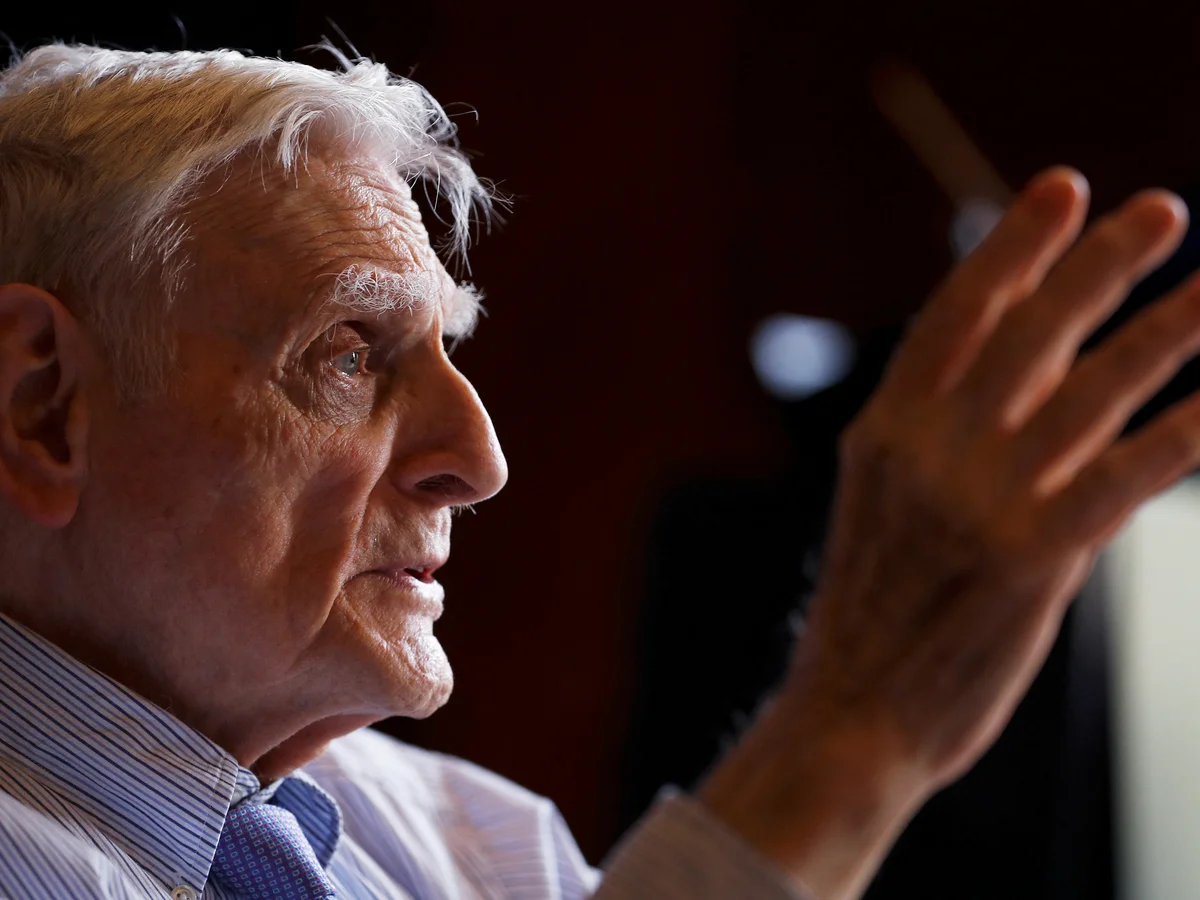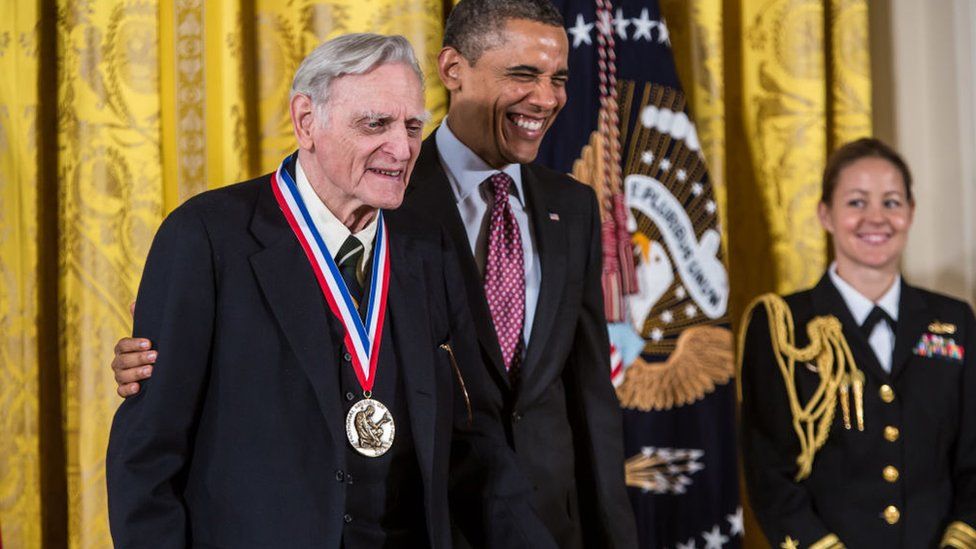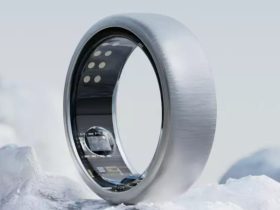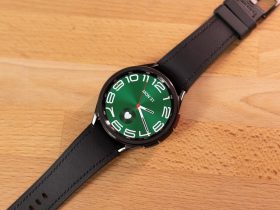John Goodenough, the world’s oldest Nobel Prize laureate and a key figure in the development of the lithium-ion battery, has passed away at the age of 100.
He died on Sunday, as confirmed by the University of Texas at Austin, where he served as an engineering professor.
“John’s legacy as a brilliant scientist is immeasurable,” said Jay Hartzell, President of the University of Texas at Austin.
Lithium-ion batteries, which Goodenough helped develop, are now used to power millions of electric vehicles worldwide. The University of Texas described him as a “dedicated public servant, a sought-after mentor, and a brilliant yet humble inventor.”
Goodenough received the Nobel Prize in Chemistry in 2019 at the age of 97 for his contributions to battery technology, particularly the lithium-ion battery.
This lightweight and powerful battery revolutionized technology and paved the way for modern portable electronics like laptops and smartphones.
Born in Germany in 1922 to American parents, Goodenough was raised in the northeastern United States and served as a meteorologist in the U.S. Army during World War II.

He obtained a bachelor’s degree in mathematics from Yale University and a PhD in physics from the University of Chicago. He was married to Irene Wiseman, who died in 2016.
“His discoveries improved the lives of billions of people around the world,” Hartzell remarked. “He was a leader at the cutting edge of scientific research throughout his long career and continuously sought innovative energy-storage solutions.”
Goodenough began his career at the Massachusetts Institute of Technology, where he worked for 24 years and contributed to the development of random-access memory for computers.
He was instrumental in founding the modern theory of magnetism, which has been crucial in telecommunications. Goodenough reflected on the impact of his work, saying he didn’t “think about it too much.”
He added, “I’m very gratified that I’ve provided something for the people of this world,” and humorously noted that he did not own a mobile phone because he did not like to be “bothered.”
Known for his quick wit and “infectious laugh,” Goodenough’s laughter was a familiar sound in the engineering buildings at the University of Texas.
Recently, he and his team at the University of Texas had been looking into new energy-storage methods, including a glass battery.






Leave a Reply